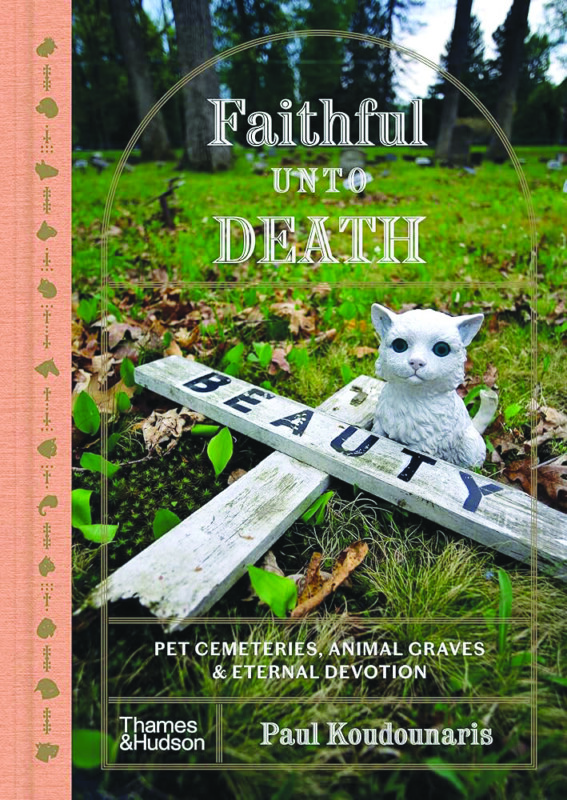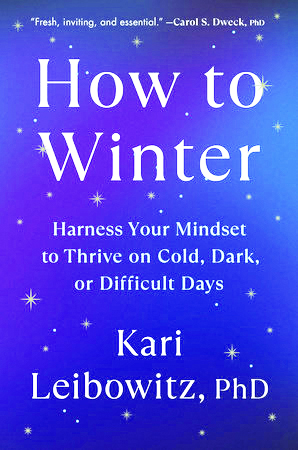Every Valley, by Charles King (Doubleday, 277 pages)
George Frideric Handel was not the only inspired composer to emerge during the period of time known as the Enlightenment; Bach, Beethoven, Haydn and Mozart were also products of 17th- and 18th-century Europe.
But beloved as all of these composers are, it is Handel who reigns throughout the Christmas season, thanks to his preeminent work Messiah.
It’s widely known that Handel composed the music in just 24 days, but there’s much more to the story than that. It took a village, as it were, to create Messiah as we know it today. In Every Valley, Georgetown University professor Charles King examines the players in this story and weaves their stories together, against a cultural backdrop that is not so different from ours as we might think.
“The Enlightenment as most people actually experienced it had fewer wigs and masked balls than we might imagine today, and far more pain and muddling through,” King writes, as he lays out the cultural and economic landscape of the time.
“Politicians and critics traded barbs via pamphlets and cartoons in much the same way that social media works now. Insurrections, riots, and rebellions regularly shook the governing establishment.” Wars fomented, and slavery flourished.
Meanwhile, an eccentric, wealthy bachelor named Charles Jennens — “so afraid of the cold that he lay under six blankets in winter and four in summer” — became enamored of the idea that the prophecies and promises of the Hebrew scriptures, coupled with their fulfillment in the New Testament, offered hope for the challenging age and could best be conveyed in a musical performance. He began work on what he called a “Scripture Collection” with the thought that he might engage a past-his-prime composer to set the verses to music.
“At the heart of [Jennens’] work was not so much a statement of faith as a test of will — an affirmation of something Jennens himself had always found hard to believe in,” King writes. “It was the staggering possibility that the world might turn out all right.”
King became interested in the full story of Messiah after listening to a 1927 performance recorded in England that brought both him and his wife to tears. He learned that Handel was a celebrated musician even as a young man (in his 20s, his reputation was already such that one person would make the sign of the cross ironically when his name was mentioned). But by the time he was recruited to write this oratorio, Handel was nearing the age of 60, physically ailing and suspected to be past his prime professionally.
King takes us from the early days of Handel’s professional life, from “Rinaldo” and “Water Music,” to the composer’s association with members of the royal family and notables like Alexander Pope and Jonathan Swift. And because King is writing the definitive book on Messiah’s creation, his narrative frequently devolves into side stories of secondary characters, such as the salacious personal life of Susannah Cibber, the woman who would perform the alto solos at Messiah’s premiere and experience a sort of salvation through her association with the work.
These stories, while interesting enough, at times feel a bit like an unwelcome interruption into the most compelling one: the intersection of the lives of Jennens and Handel, men who seem to have needed each other like Woodward needed Bernstein.
Jennens was the epitome of what Americans call “the elite” — he “apparently had no ambition other than to lead the life of a gentleman” and seemed to have been something of a hot-house flower. But he filled his home with books, music and art, creating “a private sanctuary filled with evidence of what the world could be, rather than reminders of what it usually was.” And he had a special affinity for Handel, whom he called “the Prodigious,” and collected all his music with the zeal of your typical American Swiftie.
Meanwhile, an aging Handel was suffering from competition and losing patrons. While an extraordinarily gifted musician and composer, he had, throughout his career, relied on others for “words and stories [he] might render into song.” When he set out to put to music the scripture collection that Jennens had named Messiah, he completed the work in a little over three weeks, but it may or may not have been as divinely inspired as we have been led to believe.
According to King, a statement that has been attributed to Handel about the creation of the “Hallelujah Chorus” — “I did think I did see all Heaven before me, and the great God himself” — is dubiously sourced a century later. (He also throws water on the oft-told story of how audiences came to stand during the Chorus.)
Jennens was not present when Messiah debuted before an audience of about 700 in Dublin, with the proceeds of the night going to a local hospital and infirmary and to pay off the debts of “incarcerated paupers.” It was better-received by the audience, one of whom called it “a species of musick different from any other,” than by the man who had first imagined it, and Jennens later demanded changes, and for a while didn’t want to be associated with it. (He wrote to a confidante, “His Messiah has disappointed me.”)
It’s just as well, as popular history has largely forgotten Jennen’s role, while time has elevated Messiah and its composer to mythic proportions. The original work, which took up both sides of 130 pages, still exists in a vault at the British Library and can be viewed online (and in photographs in this book), ink blots and all.
As for the story of its creation, it’s hard to see how anyone could craft a history more comprehensive than what King has produced in Every Valley although it’s not for the casual reader or the seasonal Messiah enthusiast who lacks an attendant desire to delve into the history of the age. It’s a serious and scholarly work that keeps its distance from the religious ecstasy that its subject inspires, and insists on schooling the readers on European history, whether they’re interested or not.
Moreover, in his curious need to draw parallels to contemporary society, King at times seems to tread dangerously close to political commentary.
However, for those seeking holiday reading that is not of the Hallmark variety, Every Valley hits all the high notes. B+ —Jennifer Graham






